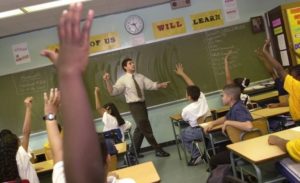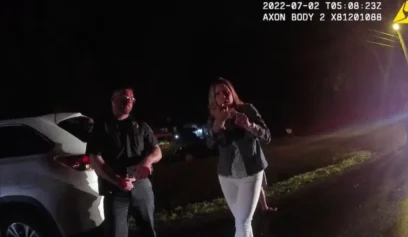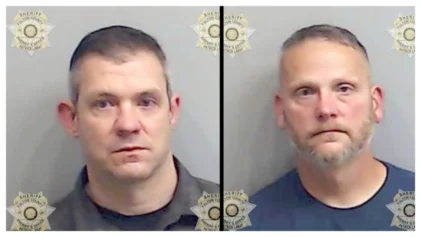
The Kansas Supreme Court ruled that the state failed to provide one-fourth of its k-12 students with adequate math and reading skills. Photo courtesy of Inquisitr.
The Kansas Supreme Court on Thursday, March 3, unanimously ruled that the state’s public education system is significantly underfunded, giving state lawmakers until June to enact a new and improved finance formula.
The surprise decision, which came while legislators were away on a week-long break midway through the legislative session, was approved by Gov. Sam Brownback, as well as Republican and Democrat lawmakers, who agreed that the legislature needed to establish solutions that would increase funding for the state’s education system, the Topeka Capital-Journal reported.
“Plaintiffs [the school districts] have shown through the evidence from trial — and through updated results on standardized testing since then — that not only is the State failing to provide approximately one-fourth of all its public school k-12 students with the basic skills of both reading and math, but that it is also leaving behind significant groups of harder-to-educate students,” the court said in its ruling.
The justices stopped short of stating the exact amount lawmakers needed to spend on education, but Alan Rupe, an attorney representing the plaintiff school districts, placed that figure at upwards of at least $800 million.
The Gannon v. State lawsuit, which was brought by a coalition of school districts under the moniker Schools for Fair Funding, argued that the state’s funding for education wasn’t only inadequate but inequitable. Close to 50 school districts sued the state in 2010, urging lawmakers to create a new finance plan after the state tossed the old formula and replaced it with Gov. Brownback’s block grant funding system in 2015.
As a solution, Rupe suggested the state roll back its 2012 tax policy in an effort to help fund education spending increases.
“Many Kansans associate Gov. Brownback’s tax cuts with the state’s inability to fund basic state programs and agencies, as well as education,” the attorney stated. “The new, more moderate legislature has already suggested that it will repeal some of the tax cuts put in place by [the governor]. This would go a long way in not only allowing Kansas to address the inadequacies in education funding, but also in addressing the overwhelming budget deficit that Kansas is currently facing.”
The Topeka Capital-Journal reported that a few proposed plans have received hearings, but none have yet made it to the House or Senate floor.
In their complaint, plaintiffs blamed Gov. Brownback’s block grant funding concept for undercutting the state’s education spending, but the governor pointed the finger at the state’s previous finance formula for underfunding students and schools.
“The Kansas Supreme Court correctly observes that our education system has failed to provide a suitable education for the lowest performing 25 percent of students,” Brownback said in a statement following the court’s ruling. “The old funding formula failed our students, particularly those that struggle most. The new funding system must right this wrong.”
The governor has since proposed expanding an existing program of tax breaks for businesses and individuals who fund grants or scholarships for Kansas students to attend private and religious schools, The Wichita Eagle reported.
It should be noted that the state is still working to fix budget deficits totaling about $1 billion over the next two-and-a-half years, making it that much harder for state legislators to devise an effective finance formula by the court’s June 30 deadline. Plus, district schools already receive the largest percentage of state general fund spending.
“The State’s interest in bringing this litigation to an end can best be met by a bold legislative response, enacted swiftly, squarely targeting the constitutional defects the court identified,” said Kansas Attorney General Derek Schmidt, whose office defended the state in the case but lost. “Today’s ruling implies that the main focus needs to be on better educating those kids who are performing most poorly.”
The state legislature has just three short months to come up with an effective plan. The Wichita Eagle predicts that whatever solution(s) emerge from their deliberations will likely face another bout of litigation.


